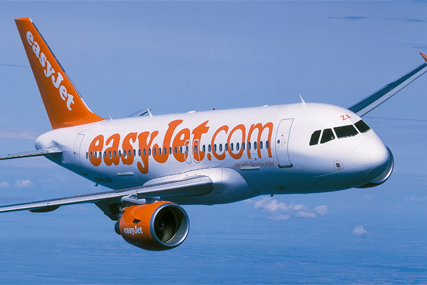Product Developments
Holiday CampsBetween 1945 and 1960, holiday camps were at their peak. Holiday Camps catered for about 60 per cent of the holiday market. The important names within the industry in this time was, Warners, Butlins and Pontins. The holiday camp started to decline in the 1970s because of the able possibilities of going abroad. People were ditching the holiday camps for the greater demand of sunshine and package holidays abroad grew. Therefore as more and more people travelled abroad, less and less holiday camps within the UK were able to stay open.
 Thomas Cook introduced the first excursion. With the opening of the extended Midland Countries Railway, Thomas Cook arranged to take a group of 540 people from Leicester Campbell Street Station to Loughborough. It is only 11 miles away. This was the start of a package holiday. This then led to Vladimir Raitz (who was the co-founder of the Horizon Holiday Group) to develop the first mass package holiday abroad.
Thomas Cook introduced the first excursion. With the opening of the extended Midland Countries Railway, Thomas Cook arranged to take a group of 540 people from Leicester Campbell Street Station to Loughborough. It is only 11 miles away. This was the start of a package holiday. This then led to Vladimir Raitz (who was the co-founder of the Horizon Holiday Group) to develop the first mass package holiday abroad.
